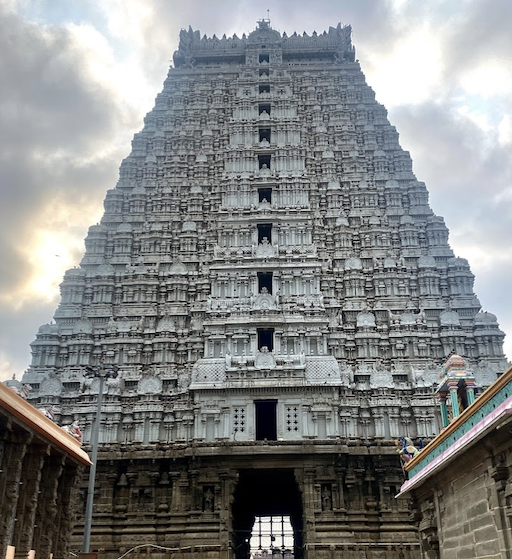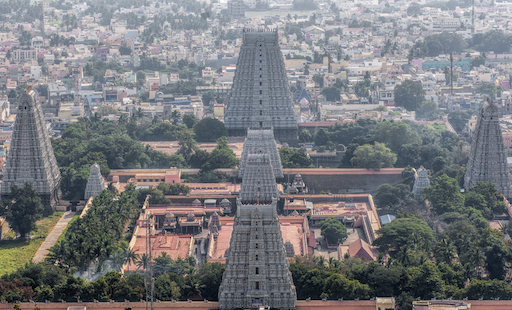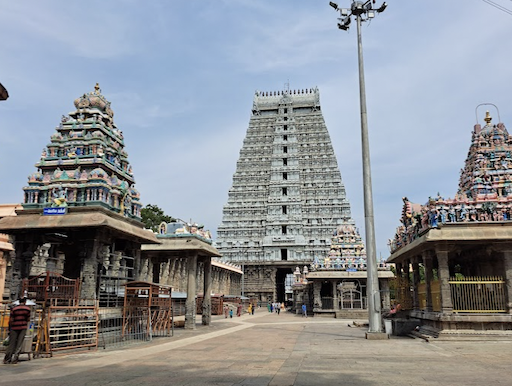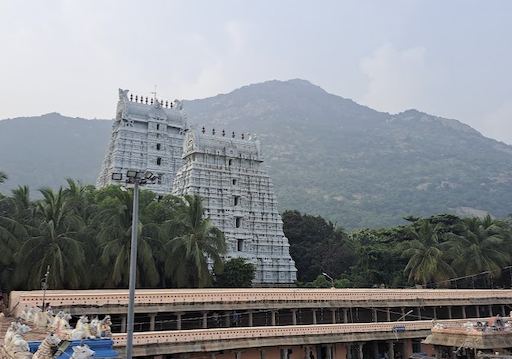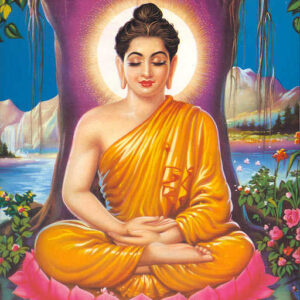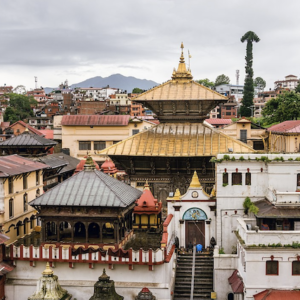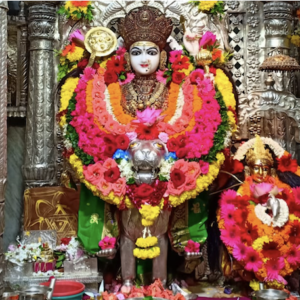Arulmigu Arunachaleswarar Temple is a fire element temple, one of five elements temple. There is a place to sit and meditate. You can go into meditative states here effortlessly.
How to get there:
The temple is located on the southern side of Arunachala hill.
Map: https://goo.gl/maps/mZVMshQP3xKX51Vm8
About Arulmigu Arunachaleswarar Temple
Arunachalesvara Temple (also called Annamalaiyar Temple) is a Hindu temple dedicated to the deity Shiva, located at the base of Arunachala hill in the town of Thiruvannamalai in Tamil Nadu, India. It is significant to the Hindu sect of Shaivism as one of the temples associated with the five elements, the Pancha Bhoota Stalas, and specifically the element of fire, or Agni.
Shiva is worshiped as Arunachalesvara or Annamalaiyar, and is represented by the lingam, with his idol referred to as Agni lingam. His consort Parvati is depicted as Unnamalai Amman or Apithakucha Ambal.[2][3] The presiding deity is revered in the 7th-century Tamil Saiva canonical work, the Tevaram, written by Tamil saint poets known as the nayanars and classified as Paadal Petra Sthalam. The 9th-century Saiva saint poet Manikkavasagar composed the Tiruvempaavai here.
Temple Story
In Hindu mythology, Parvati, wife of Shiva, once closed the eyes of her husband playfully in a flower garden at their abode atop Mount Kailash. Although only a moment for the gods, all light was taken from the universe, and the earth, in turn, was submerged in darkness for years. Parvati performed penance along with other devotees of Shiva.[8] Then her husband appeared as a huge column of fire at the top of Annamalai hills, returning light to the world.[9] He then merged with Parvati to form Ardhanarishvara, the half-female, half-male form of Shiva.[10] The Arunachala, or red mountain, lies behind the Arunachalesvara temple, and is associated with the temple of its namesake.[3] The hill itself is sacred and considered a lingam, or an iconic representation of Shiva.[11]
Another legend is that once, while Vishnu and Brahma contested for superiority, Shiva appeared as a flame, and challenged them to find his source.[12][13] Brahma took the form of a swan, and flew to the sky to see the top of the flame, while Vishnu became the boar Varaha, and sought its base.[12] The scene is called Lingodbhava, and is represented in the western wall at the sanctum of most Shiva temples.[12] Neither Brahma nor Vishnu could find the source even.[12]
Source:
